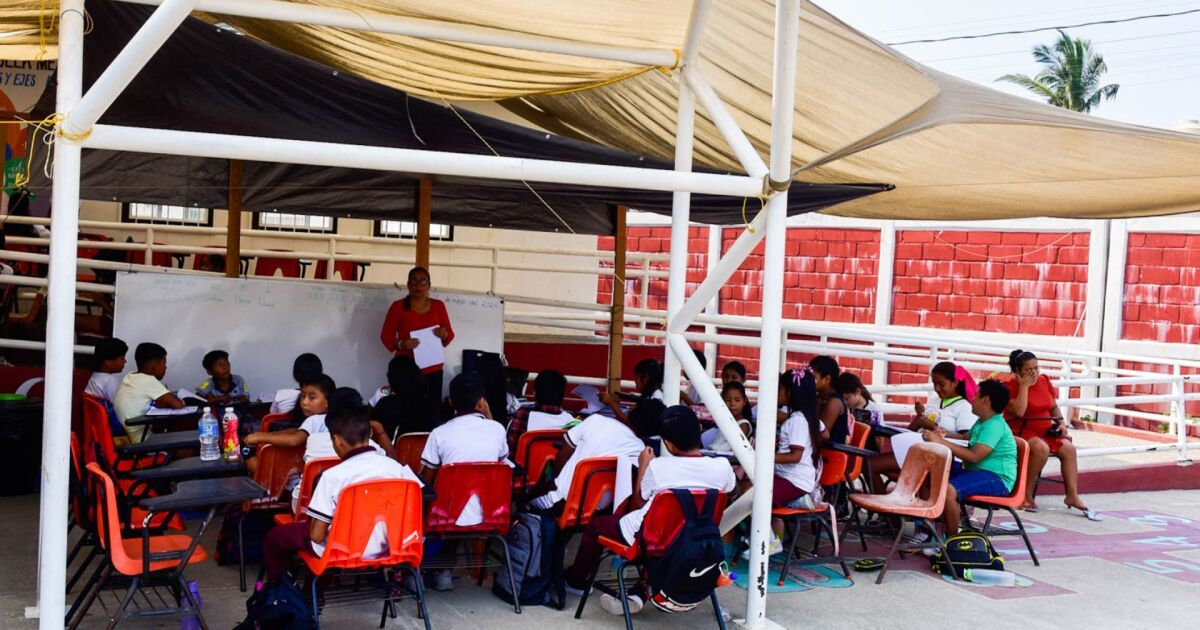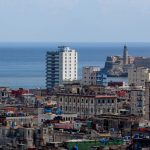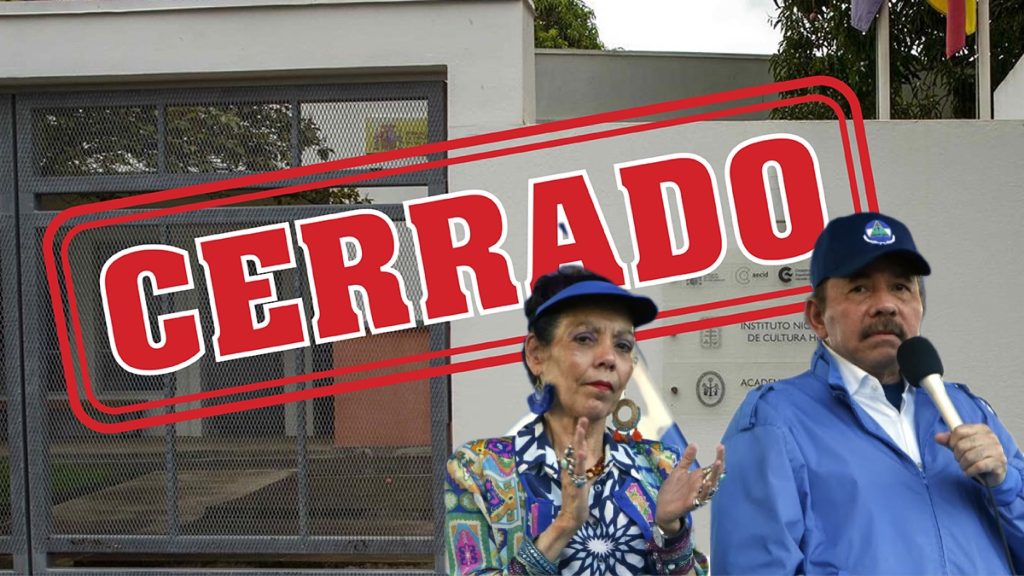In Mexico, the application of the PISA test was paused because the authorities had not arranged for the country to participate in the pilot test, which is carried out a year in advance. They had also not covered the amount of 181,216 euros that the OECD charges for the test.
In response to doubts, President Andrés Manuel López Obrador assured in May that Mexico would participate in that evaluation, which measures the science, mathematics and reading skills of 15-year-old students.
Given the uncertainty regarding the fulfillment of the payments and procedures necessary for Mexico to remain in the PISA test, Educación con Rumbo continued with the process of the amparo trial to ensure that the authorities would carry out all the necessary steps to ensure that the evaluation is applied without setbacks.
In the latest results of the PISA 2022 test, Mexico has gone back several years in learning mathematics, reading and science.
In mathematics, Mexican students’ performance declined compared to 2018, reversing most of the gains seen between 2003 and 2009 and returning to levels close to 2003 or 2006. 34% of students in Mexico reached at least Level 2 proficiency, significantly lower than the OECD average of 69%.
In reading, 53% of students scored at Level 2 or above, compared with the OECD average of 74%. Only 1% of students in Mexico scored at Level 5 or above, indicating an ability to understand long texts and deal with abstract or counterintuitive concepts.
49% of students in Mexico achieved Level 2 or above in science, compared to the OECD average of 76%, so almost no students were classified as high performers, suggesting a limited ability to apply scientific knowledge in a variety of situations.
















